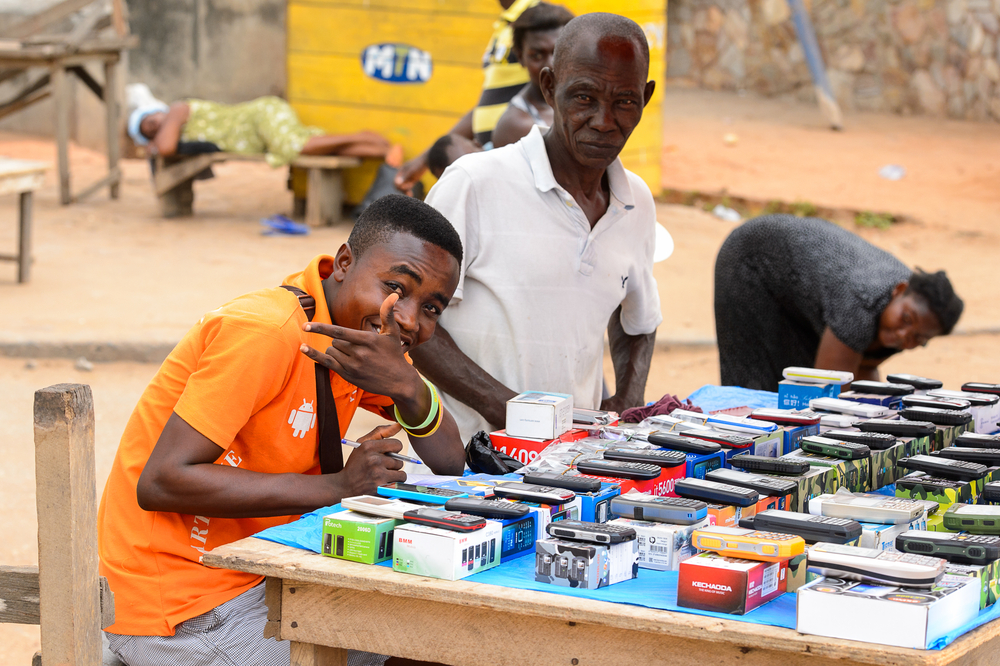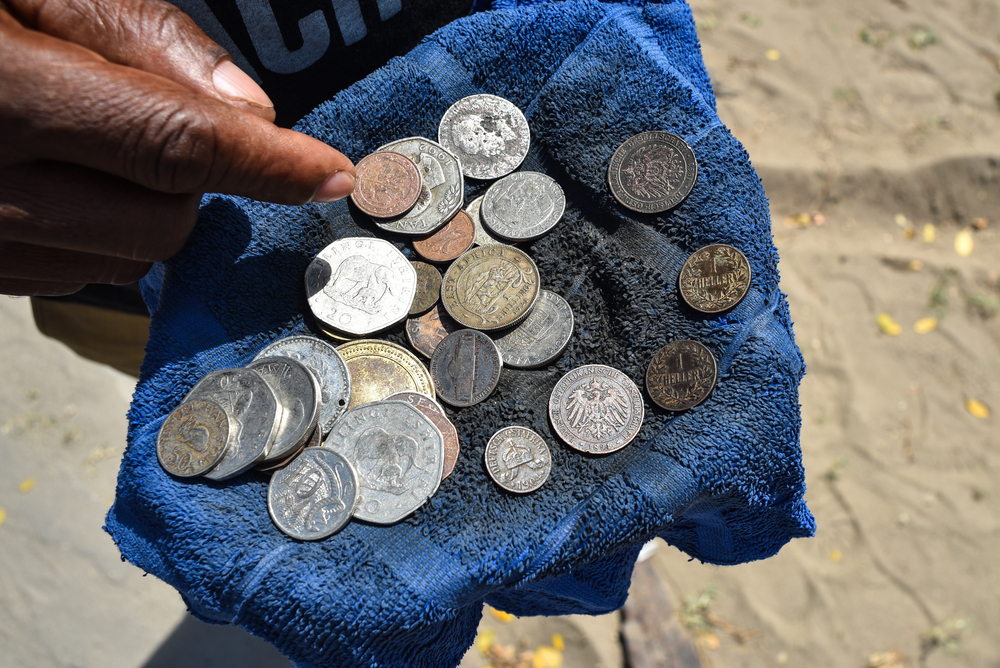
Crypto exchange Golix is entering three other African markets in an effort to survive the ban imposed by the central bank in its home country – Zimbabwe. Moreover, the troubled trading platform claims the move is part of a strategy to offer its services across the whole continent. Golix says the shortage of infrastructure has slowed down the adoption of cryptocurrencies in Africa.
Also read: Johannesburg Gets a New Crypto ATM, Ban Threatened Harare May Lose One
Golix Moves On After Ban, Expands in Africa
Trying to stay afloat after the crackdown by the Reserve Bank of Zimbabwe (RBZ), Golix has turned its attention to Kenya, Uganda, and South Africa. Zimbabwe’s leading cryptocurrency exchange hopes to continue trading in these African countries, despite the ban imposed by financial authorities in Harare.
In a statement quoted by News Day, Golix head of growth, Panashe Tapera, noted that moving outside the country was part of a new strategy – the trading platform plans to expand operations across the entire continent. Tapera said:
As part of our strategy, starting from Friday, June 1, people in Kenya, South Africa and Uganda will be able to start trading from Golix. This is one of our plans to be the leading exchange in Africa, which is inspired by the vision to provide financial autonomy in the continent.
Golix has been offering exchange services in Zimbabwe for the past three years and was the only crypto trading platform there for quite some time, processing transactions worth $20 million and having 50,000 local users. Now it’s planning to continue to do the same in more and larger markets, saying that shortage of crypto infrastructure has slowed down the adoption of digital currencies in Africa.

The Republic of South Africa, the region’s economic powerhouse, has the highest number of cryptocurrency exchanges on the continent. Its central bank has set up a special unit tasked to review its position on cryptocurrencies and a “self-regulatory” approach has been proposed by legal experts working in the crypto sector. Uganda has been mentioned recently as a crypto-friendly destination, where the leading crypto exchange Binance wants to open a new office.
Challenging the Central Bank in Court
The announcement comes after last month the central bank in Harare issued a circular to banking institutions instructing them to stop providing bank accounts to cryptocurrency companies. The new guidelines effectively banned all crypto-related activities in the country. The RBZ gave local banks and cryptocurrency operators 60 days to comply.
 Golix has since sent several letters to its clients informing them that they would not be able to trade digital coins or deposit fiat currency, and also helping them withdraw their funds.
Golix has since sent several letters to its clients informing them that they would not be able to trade digital coins or deposit fiat currency, and also helping them withdraw their funds.
According to local media, the operator of the exchange, Bitfinance Limited, has filed a lawsuit against the central bank. Later, it was reported that the country’s High Court has ruled in favor of the company’s argument that the RBZ has no authority to ban digital currencies.
Last week, Golix said it had been granted “an interim relief.” In further communication with its customers, the exchange shared that its accounts had not been restored and the legal proceedings were still ongoing. “Nevertheless, please note that we are in the middle of promising engagements with a financial institution which is willing to process our fiat withdrawals through a prepaid debit card,” the platform told its clients.
Golix Takes Its Token Sale to the New Markets
The Zimbabwean exchange intends to enter and operate in Kenya, Uganda and South Africa by also conducting its $32 million token sale there. The aim of the coin offering is to enable instant remittances and international payments through cryptocurrencies.
According to Golix lead of special projects, William Chui, “Since the onset, our main agenda is to provide financial autonomy in Africa. The GLX token is going to be used to facilitate and realize this agenda.”

Clients from different countries will be able to buy the GLX token from the exchange with fiat currencies, he explained. Then, the coin issued by Golix will be used to purchase other cryptos on its trading platform at zero transaction fees.
Zimbabwe’s first crypto exchange also promises lower fees, in comparison with traditional banking methods, for remittances and international transfers facilitated by the GLX token. The Golix representative believes that will contribute to the GDP growth in African countries.
Do you think the expansion to new markets will help Golix survive the ban in Zimbabwe? Tell us in the comments section below.
Images courtesy of Shutterstock.
Verify and track bitcoin cash transactions on our BCH Block Explorer, the best of its kind anywhere in the world. Also, keep up with your holdings, BCH and other coins, on our market charts at Satoshi’s Pulse, another original and free service from Bitcoin.com
The post Zimbabwe’s Golix Exchange Enters Kenya, Uganda, South Africa appeared first on Bitcoin News.
Powered by WPeMatico
